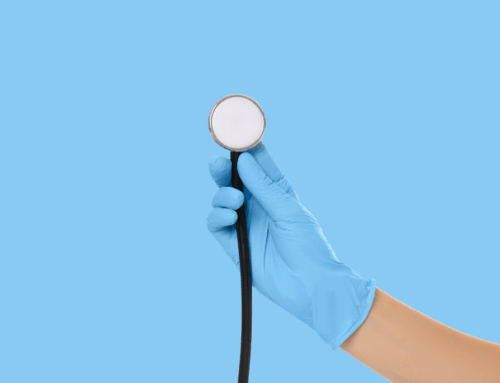
Understanding health education
Living with a long‑term health condition can feel like navigating a maze—there are medications to remember, lifestyle changes to implement and appointments to keep. One of the most effective tools for managing chronic illness is health education. The World Health Organization describes therapeutic patient education as a person‑centred learning process that helps individuals with chronic conditions self‑manage their health by drawing on their own resources and support from carers and familywho.int. This education is not a one‑time lesson. It is tailored to each person, adapts as their needs change and is considered an integral part of treatmentwho.int.
In a caring, patient‑centred practice, health education may involve learning about what your condition means, what lifestyle changes can help, how to monitor your symptoms and when to seek medical help. It’s about giving you the knowledge and skills to make informed choices alongside your healthcare team, which can lead to improved health outcomes and a better quality of lifewho.int.
Benefits of patient education
Studies highlight the positive impact of structured health education on people managing chronic conditions. In one community‑based study of older adults with chronic diseases, participants who received additional health education showed significantly higher awareness of their conditions and preventive measures compared with those who received standard carepmc.ncbi.nlm.nih.gov. They also exhibited better adherence to medical guidance around diet, exercise and lifestylepmc.ncbi.nlm.nih.gov. Importantly, these individuals reported lower levels of anxiety and depression and better scores for mental, physical and social functioningpmc.ncbi.nlm.nih.gov.
While your experience may differ, the takeaway is that education empowers you to understand your condition and gives you tools to manage it effectively. Knowing what to expect reduces fear of the unknown and helps you make daily choices that support your well‑being. Education also encourages open communication with your healthcare provider, which means you’re more likely to ask questions, express concerns and follow through with agreed‑upon care plans.
Simple ways to get involved in your care
Being an active participant in your health journey doesn’t require advanced medical knowledge. It starts with curiosity and a willingness to learn. Here are general guidelines to help you make the most of health education:
-
Ask questions. When you meet with your provider, bring a list of topics you don’t understand—whether it’s medication side effects, symptom tracking or lifestyle recommendations. Your provider is there to help.
-
Take notes. Writing down instructions during appointments can make it easier to remember later. Consider bringing a family member or friend to help listen and take notes.
-
Use reliable resources. If you’re researching your condition, seek out information from reputable organizations such as the CDC, the National Institutes of Health or patient advocacy groups. Avoid self‑diagnosing or changing your treatment without consulting your provider.
-
Attend education programs. Many clinics offer workshops or online resources about managing chronic conditions. Ask your care team about classes or support groups that may help you build confidence and skills.
-
Track your progress. Keep a notebook or digital record of your symptoms, medications, lab results and questions. Sharing this information at your visits helps your provider tailor your care.
Remember, these suggestions are general in nature. Your healthcare provider can advise which approaches are best for your situation.
How River Family Health supports your education
River Family Health is committed to partnering with patients to make complex health information easier to understand. Through our complex chronic care program, we work together to build a disease‑management toolkit that fits your life. Our team draws on years of experience and the latest advancements to help you feel confident in your care plan.
Preventive visits—such as annual wellness visits—also provide a space for ongoing education. During these appointments, we review your medical history, answer questions and develop strategies to help you stay healthy. If you have an acute issue that needs timely attention, our same‑day appointments ensure you can see someone who knows your history. Together, these services support both your immediate needs and your long‑term wellness goals.
Every person’s health journey is unique, and there’s no one‑size‑fits‑all approach. The information in this article is intended for general educational purposes. For personalized advice, please consult a healthcare professional who understands your medical history and current needs.
Moving forward with knowledge and confidence
Managing a chronic condition can feel daunting, but you’re not alone. Health education is a powerful tool that can help you gain clarity, reduce anxiety and make choices that support a better quality of life. By staying engaged, asking questions and partnering with your healthcare team, you take an active role in your well‑being. If you’re ready to learn more about managing your condition, reach out to River Family Health. We’re here to empower you with knowledge and compassionate care every step of the way.






